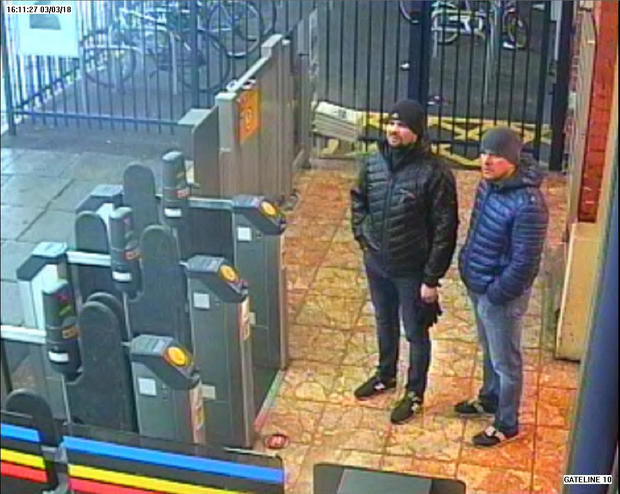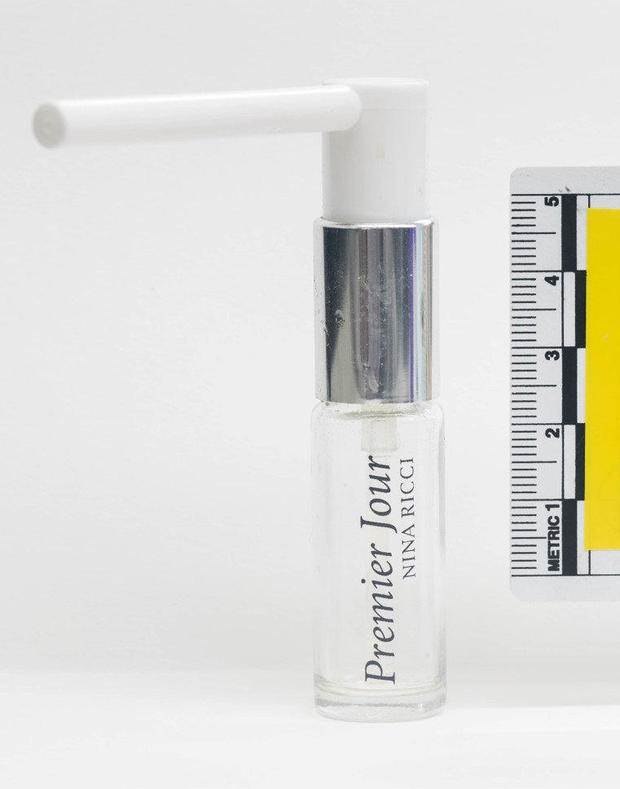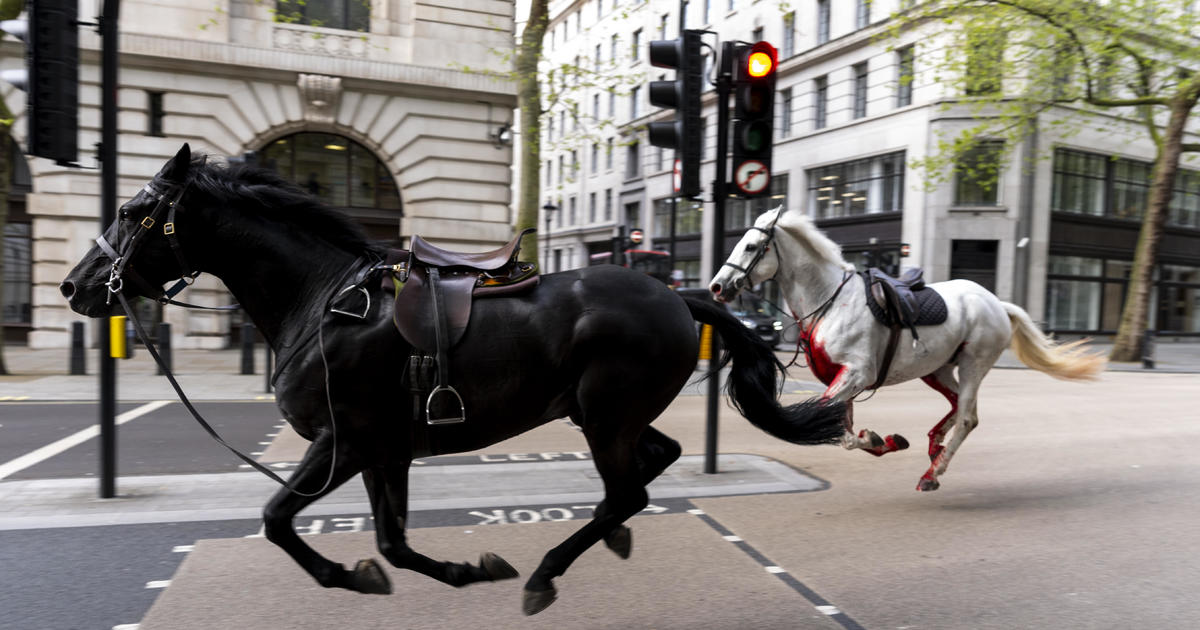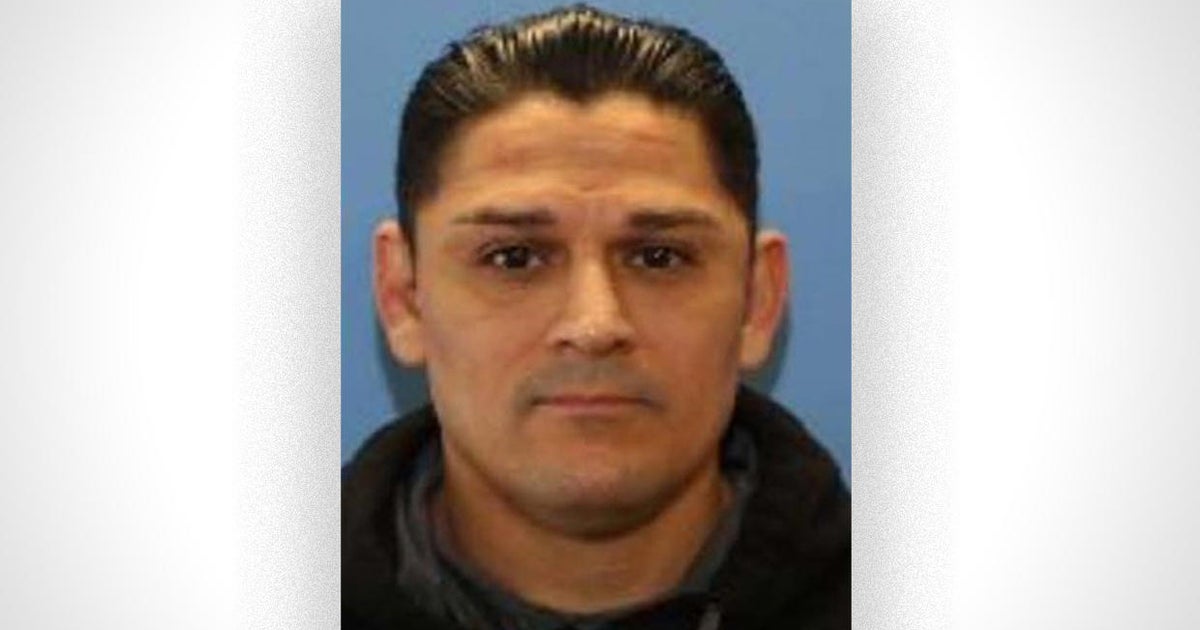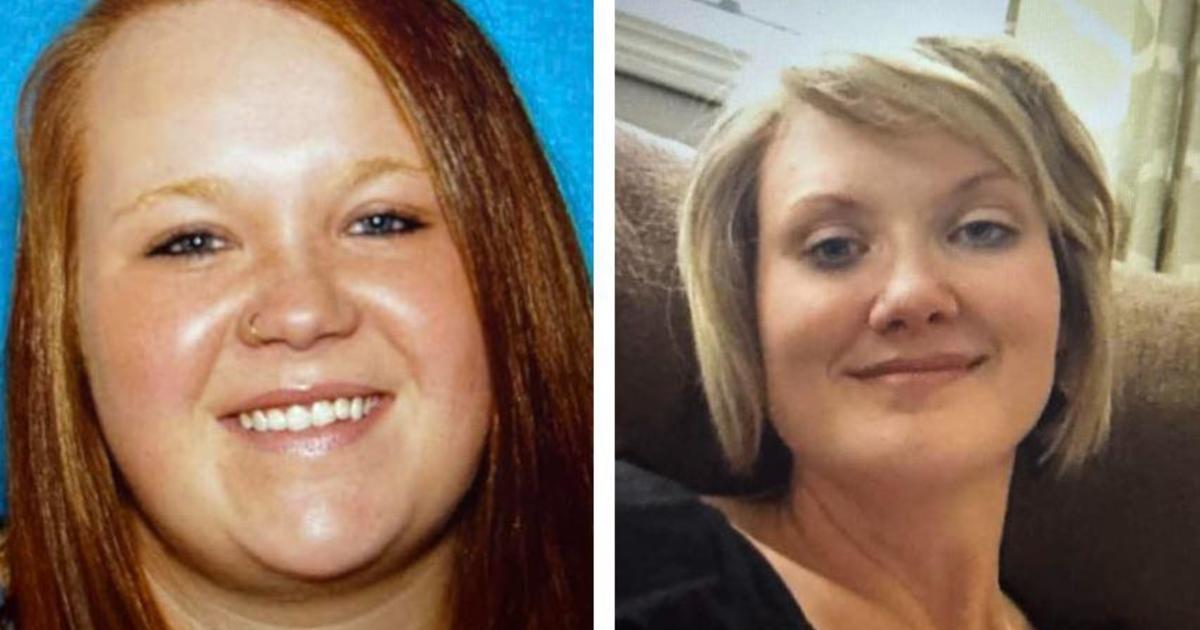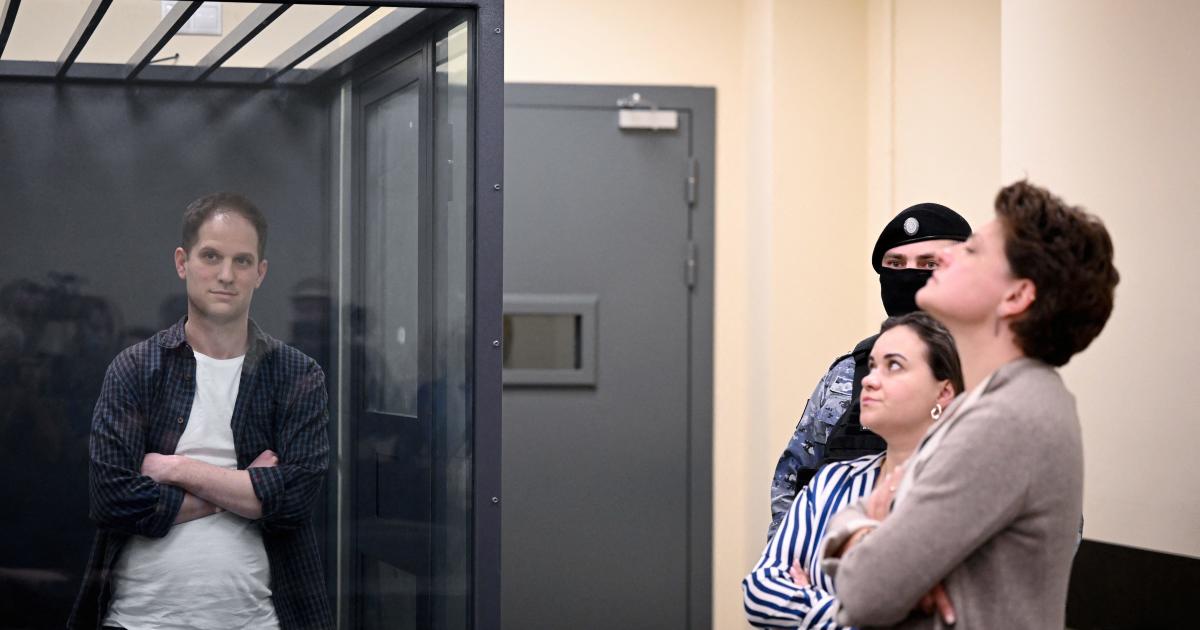U.K. charges 2 Russians in nerve agent attack on ex-spy
LONDON -- British police on Wednesday named two men as the prime suspects in the nerve agent attack on a former Russian spy and his daughter last March. The incident, which unfolded in the quiet city of Salisbury, England, left double agent Sergei Skripal and his daughter seriously ill for weeks. Officials determined that the same substance, found in a perfume bottle in a park weeks later, sickened a man and his girlfriend, who later died.
Britain and the U.S. have accused the Russian government of being behind the attack since not long after it happened, and on Wednesday the London Metropolitan Police said Russian nationals Alexander Petrov and Ruslan Boshirov would be charged with conspiracy to murder Skripal, the attempted murder of both him and his daughter Yulia and police officer Nick Bailey. Bailey was sickened after attending to the Skripals where they were found in Salisbury. All three have recovered.
The Russian men also face charges of the use and possession of the deadly Soviet-concocted nerve agent Novichok, and causing "grievous bodily harm with intent" to both Yulia Skripal and Bailey.
British Prime Minister Theresa May, speaking Wednesday in parliament after the police announced the charges, said it was "not a rogue operation," and that based on the evidence gathered, U.K. authorities believe the two suspects are operatives of the Russian military intelligence service known as the GRU.
"What we have learned today is the specific threat from GRU," May said.
U.S. Ambassador to the U.K. Woody Johnson said in a tweet Wednesday that the U.S. and Britain "stand firmly together in holding Russia accountable for its act of aggression."
There were no charges announced in relation to the poisoning of the couple who found the bottle of Novichok in a park in the nearby town of Amesbury weeks after the attack on the Skripals, but the police said they have "no doubt these two incidents are connected and now form one investigation," suggesting charges could come in the future.
The British Crown Prosecution Service (CPS) said in a statement that both suspects were believed to be in Russia at present and were thus being charged in absentia.
"We will not be applying to Russia for the extradition of these men as the Russian constitution does not permit extradition of its own nationals," CPS Director of Legal Services Sue Hemming said in the statement. "We have, however, obtained a European Arrest Warrant which means that if either man travels to a country where an EAW is valid, they will be arrested and face extradition on these charges for which there is no statute of limitations."
Assistant Commissioner of the Metropolitan Police Neil Basu, at a Wednesday morning news conference, appealed "for anyone who has information about the suspects" to contact police. He said both men were approximately 40 years old and that they were travelling on Russian passports. He warned, however, that "it is likely that they were travelling under aliases and that these are not their real names. We would like to hear from anyone who knows them."
Russia's Foreign Ministry said Wednesday, after the charges were announced, that the two names given by the British authorities, "do not mean anything to us," according to Russian state-run news agency RIA.
CBS News correspondent Jonathan Vigliotti reports the police also released surveillance video on Thursday showing the two suspects near the site of the Salisbury poisoning in March. They also provided the first images of the sample-size perfume bottle that was used to apply the poison to the front door of Russian ex-spy's home in the city.
Prime Minister May said traces of Novichok were found in a London hotel room used by the two Russians in England. She said her government would "push for new EU sanctions" against Russia over the attack.
The U.S. levied sanctions against Russia at the end of August in retaliation for the attack.
The use of Novichok in the assassination attempt was a violation of international law banning the use of chemical weapons. Chemical and biological weapons specialist Hamish de Bretton-Gordon told CBS News it was a turning point.
"The hundred-year taboo on the use of chemical weapons has been completely broken," he said.
Gordon said it only took a couple of drops of Novichok to shut down parts of Salisbury for months.
